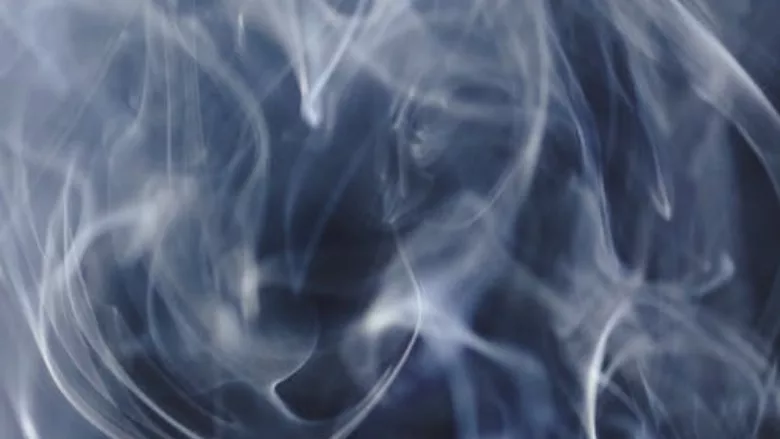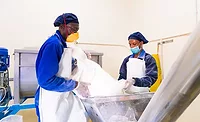Superheated Dry Steam Could be a New Sanitation Solution for Low-Moisture Foods, Produce

Credit: Olha Ruskykh (Olha Ruskykh) via Pexels
A Cornell University researcher is exploring the use of superheated, dry steam to clean food manufacturing facilities where the use of traditional wet sanitation is limited.
The study, funded by the Center for Produce Safety, is led by Cornell assistant professor of food science Abigail Snyder, Ph.D.; she is joined by two co-investigator V.M. Balasubramaniam, Ph.D., professor of food science and technology at Ohio State University. The researchers will examine produce-processing pack houses to understand how best to apply the superheated steam technology.
Cleaning and sanitation in produce packing is a challenge, as neither soap nor water can be used. The issue is also relevant to facilities that process dry foods such as milk powder and powdered infant formula, bakery and snack foods, spices, nuts and nut butters, and chocolates and confections.
Superheated, dry steam is produced when steam vapor is heated to more than 250 °F. Superheated steam differs from steam at lower temperatures in that superheated steam is invisible and acts like a hot gas. When superheated steam is applied to production surfaces, it kills microbes without leaving moisture or condensation that could harbor pathogens.
The researchers will compare the efficacy of superheated steam to that of commonly used methods, such as scraping, vacuuming, and brushing. The study, which began in January 2022, will conclude at the end of 2023.
Looking for quick answers on food safety topics?
Try Ask FSM, our new smart AI search tool.
Ask FSM →








